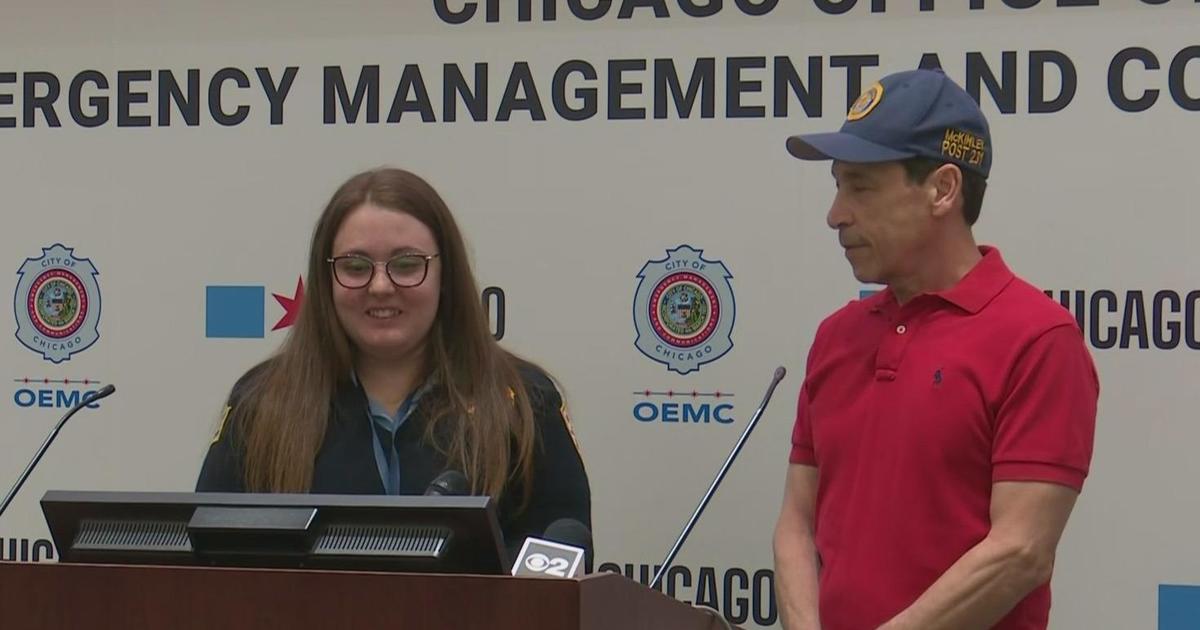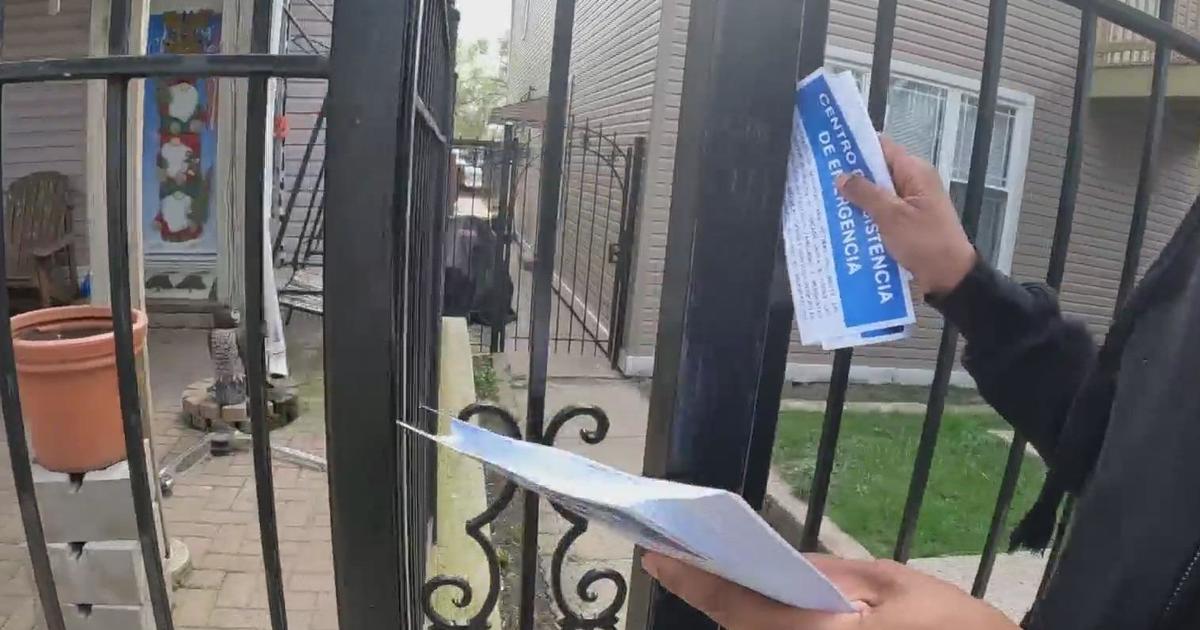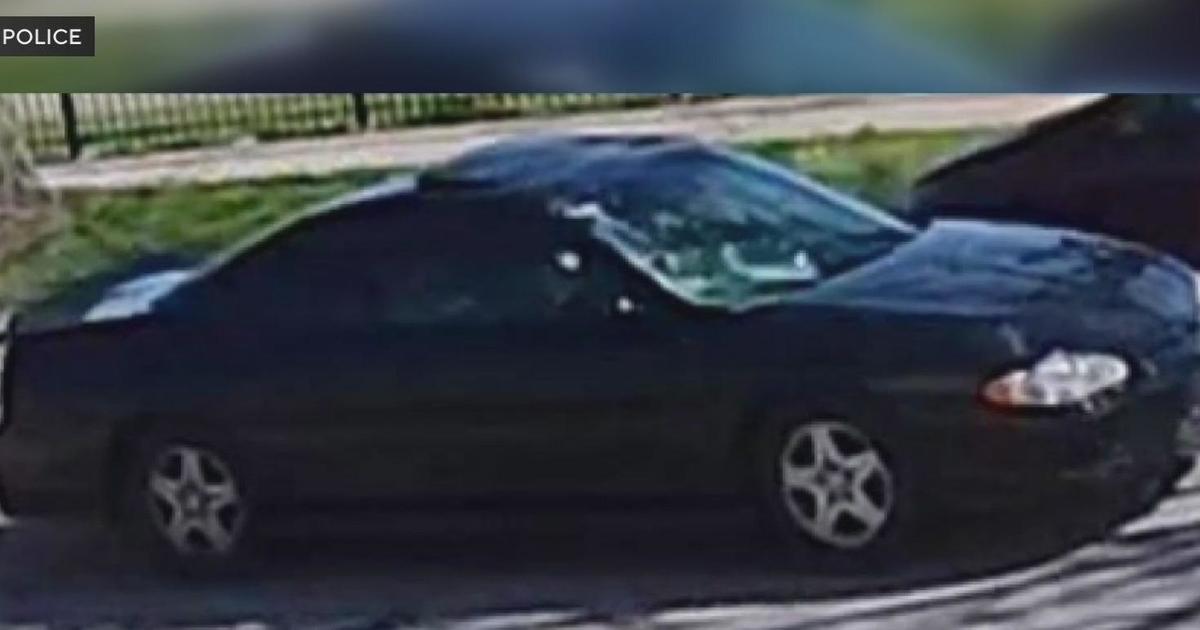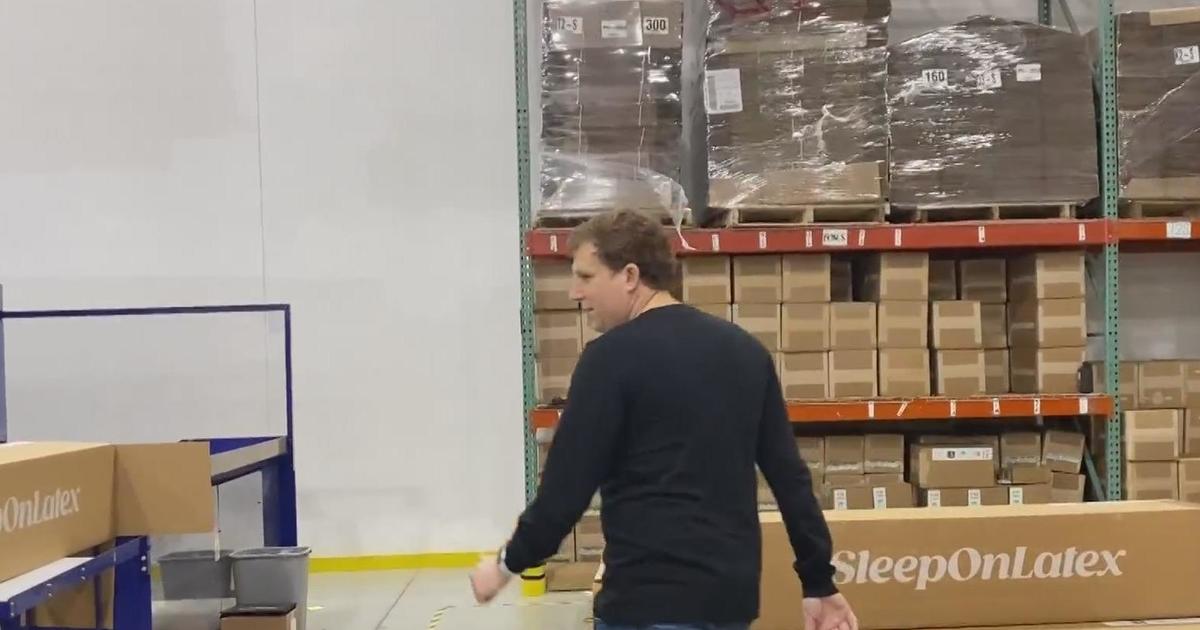FAQ: Recovering From A Stroke
If you or someone you love has had a stroke, the word "hope" may not be the first thing that comes to mind. While challenging, stroke recovery is possible. Work and commitment will be necessary, but if a high quality of life after a stroke is your goal, here are some facts that will help you or your loved one regain independence.
Why Did The Stroke Occur?
Strokes are typically caused when the brain’s blood flow stops suddenly. This is usually caused by an obstruction, such as a clot, and is known as ischemic stroke. Strokes can also be caused by the sudden rupture of a blood vessel. This is called a hemorrhagic stroke. Identifying the type of stroke that occurred can help the physician identify its underlying causes, such as high blood pressure or hardening of the arteries. It can also help the stroke victim stave off another occurrence.
How Long Will Recovery Take?
For most people, stroke recovery is an ongoing process which might take many years or even a lifetime. Optimism for recovery and independence are very possible but the degree to which they are achieved is largely determined by a variety of factors, including the type and severity of stroke, the amount of brain damage which occurred, the person’s age and overall health and the length of time between the stroke’s occurrence and the onset of rehabilitative therapy.
What Will Rehabilitation Be Like?
Once the stroke victim’s medical condition has stabilized, healing can begin, even before the hospital stay ends. Assisted exercise will be prescribed, based upon the patient’s overall condition, and can take place prior to hospital discharge. This is very important as it will help the brain to relearn old skills and also helps assure that the patient not fall into a pattern of non-use of the limbs affected adversely by the stroke.
Upon hospital discharge, many patients will seek treatment at an in-patient rehabilitation facility for intensive, daily therapy. The treatment received will support the return of any skill compromised by the stroke, such as speaking, eating and the use of the affected arm and leg. The amount of time spent in rehab varies, but is always followed by outpatient or home-based therapy.
Supervised rehabilitation generally takes place for up to six months, but individuals who continue this work on their own are the ones who enjoy the highest levels of recuperation and return to normalcy. Most of the gains experienced, however, will generally be seen in patients within the first three to four months after the stroke’s occurrence.
What Will Life Be Like Now?
Those who experience mild strokes often enjoy full recovery. Patients who suffer high levels of brain damage understandably have more work to do and may always feel challenged by their bodies after a stroke. However, speech and physical mobility, including arm and hand movement, can and do return, as can bladder and bowel control. Many stroke victims even go on to enjoy a satisfying sex life with their partners.
Many stroke patients, understandably, experience depression. This is, in part, caused by biochemical alterations in the brain as well as by the person’s emotional state. Treating depression is essential. It not only enhances quality of life but also supports the individual’s motivation to participate fully in the recovery process.
How Can I Avoid Another Stroke?
Stroke risk increases in those who have experienced one, particularly during the first 30 days after occurrence. Medication will be prescribed, based upon the type of stroke and its presumed, underlying cause. Typical maladies treated will include high blood pressure, the number one cause of stroke, and high blood cholesterol. A history of heart disease and diabetes also increases stroke risk but can be controlled. Other factors to avoid are:
- Heavy Alcohol Use
- Cigarette Smoking
- Obesity
- Illegal Drug Use
- Sedentary Lifestyle
There is hope for stroke victims. For more information, visit the National STROKE Association
Corey Whelan is a freelance writer in New York. Her work can be found at Examiner.com.



